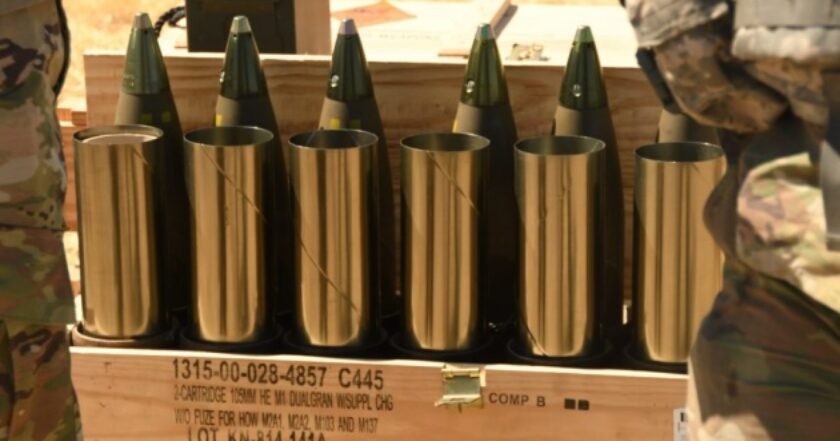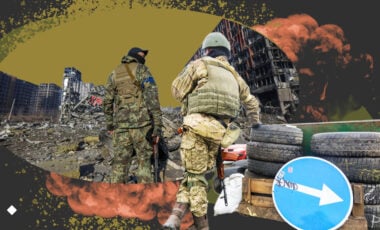American experts suggest sending South Korean 105-mm shells to Ukraine

Photo: US Department of Defense
American experts believe that in light of Ukraine's critical shortage of artillery shells, the United States could turn to South Korea to propose sending 105mm ammunition, which Seoul is gradually phasing out.
Rubryka reports, citing the Korean publication Yonhap, that experts from the authoritative Washington-based Center for Strategic and International Studies (CSIS), Mark Cancian and Chris Park, analyzed the situation with arms markets.
They noted that South Korea was transitioning its artillery from 105mm to more powerful 155mm platforms and would not be able to transfer 155mm shells due to the increasing threat from North Korea.
Based on their calculations from public announcements, South Korea may have about 3.4 million 105mm artillery shells compatible with all 105mm howitzers possessed by Ukraine (British L119 and American M101).
The experts also believe that transferring 105mm shells will not harm the combat readiness of the South Korean army, as currently, less than 30% of its artillery is of this caliber, and the East Asian country is transitioning to 155mm self-propelled howitzers of domestic production, such as the K9 Thunder.
"A US proposal to use the bulk of South Korea's 105 mm munitions stockpile, followed by replacing them with the currently in-production 155 mm ammunition, could appeal to South Korea," CSIS analysts wrote in a commentary.
Experts recalled that Washington collaborated with Seoul last year to send over 300,000 155mm shells to Ukraine, receiving ammunition from South Korea with the condition that the US is the end user. This allowed Seoul to indirectly provide Ukraine with weapon support without formally violating its principle of non-lethal aid.
"To arm Ukraine in the face of its dwindling artillery supplies and Congressional inertia, the US administration may need to again utilize South Korean ammunition reserves," Yonhap quoted experts as saying.
In related news, Ukraine is exploring options if it does not receive the expected financial assistance from the United States, which holds ongoing negotiations in the US House of Representatives.

14 tankers stuck near South Korea as Russia struggles to sell Pacific oil – Reuters

Solutions to win: Korea assists Ukraine in building Children's Rights Center in the Rivne region



















































